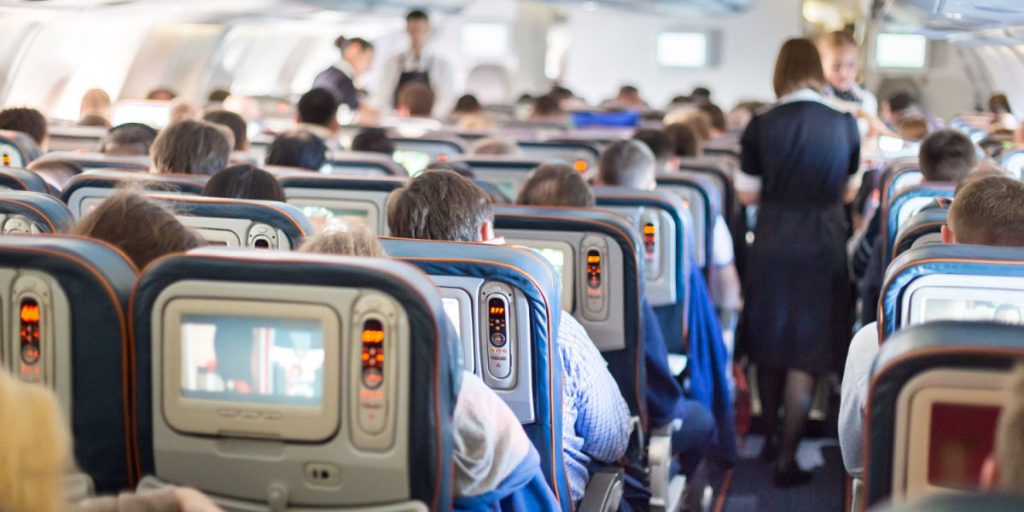Discover why flying makes you bloated and get expert tips to ease your discomfort before your next flight!
Others are reading now
Traveling can be a highlight of summer, but for many, it comes with an uncomfortable downside: bloating and stomach pains while flying.
Gut health expert and dietitian Megan Rossi, Ph.D., RD, sheds light on why this happens and offers practical advice to ease the discomfort.
Why Flying Causes Bloating
In a recent Instagram post, Rossi uses a simple analogy to explain the phenomenon. Holding up a yogurt container with a foil lid, she illustrates how our gut reacts to changes in air pressure during a flight.
“Imagine this pot is your gut at ground level,” Rossi says.
Also read
“The gas inside produced by your microbes has space to move around. But as the plane rises, a change in air pressure makes the gas expand and can trigger things like bloating and tummy pain.”
Tips to Reduce Bloating Before Your Flight
Rossi recommends preparing your gut ahead of time to minimize bloating.
One effective strategy is to reduce your intake of high-FODMAP foods 24 to 48 hours before your flight.
What are high-FODMAP foods? This food category includes beans, onions, avocados, and mushrooms. These foods contain short-chain carbohydrates that can cause digestive issues for people with sensitivities, such as those with irritable bowel syndrome (IBS).
Easy Food Swaps to Try
For those looking to avoid discomfort while traveling, Rossi suggests making simple dietary swaps:
-
Use olive oil instead of avocado oil.
-
Eat eggplant instead of mushrooms.
-
Choose eggs as a protein source instead of chickpeas or beans.
These swaps help reduce the intake of high-FODMAP foods, which are otherwise healthy but can cause temporary digestive issues in sensitive individuals.
While it’s normal to experience some bloating due to air pressure changes, consistently having stomach issues after eating high-FODMAP foods might warrant a conversation with your doctor.
A low-FODMAP diet is often recommended for people with IBS to manage symptoms such as bloating and constipation.
The Bottom Line
Experiencing bloating on a plane is a common issue caused by changes in air pressure.
To alleviate this, Rossi advises limiting high-FODMAP foods before your flight and opting for low-FODMAP alternatives like olive oil, eggs, eggplant, bell peppers, and various fruits and veggies.
Additionally, consider packing a magnesium or fiber supplement to help with regularity while traveling.








